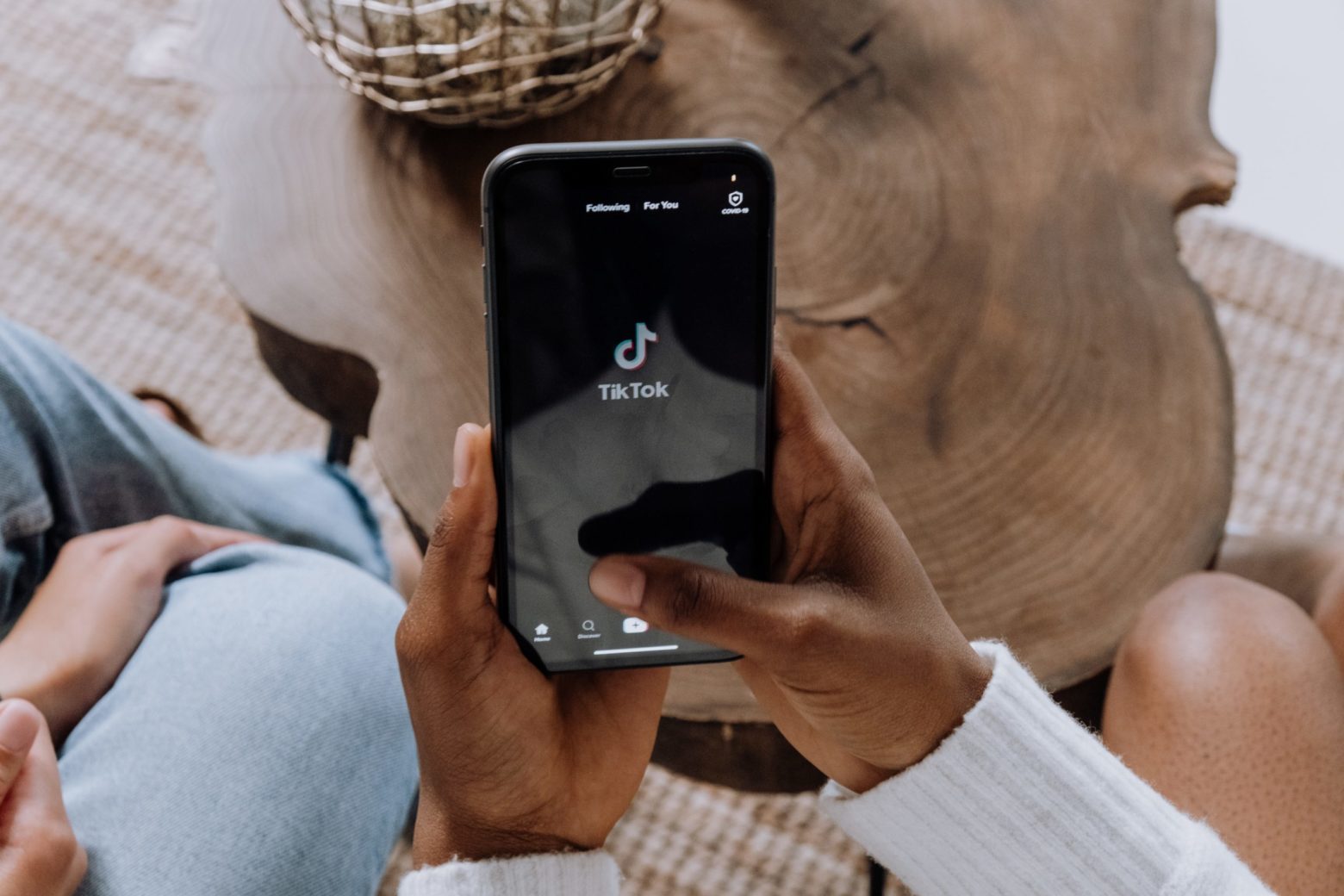In today’s society women have everyone telling them how they should look and what the standard of beauty is. Instagram, Snapchat and Tik Tok all provide “beauty” filters for users. Unfortunately, a lot of women have grown to only like how they look with these filters. Tik Tok recently introduced the bold glamour filter that transforms a user’s face to unrealistic beauty standards. It removes all blemishes and creases and ages users backwards.
Listen, we understand wanting whiter teeth, brighter skin, and more symmetrical features. However, if you feel the need to add a filter every time you take a picture, you’re falling under the statistic of people pressured by society to showcase a “perfect life”.
Newport Institute looked at the association between filters and mental health, the study found the following statistics on the negative effects of filters:
- 94 percent of participants said they felt under pressure to look a particular way, and more than half of those said the pressure was intense
- 70 percent felt pressure to showcase a “perfect life”
- 86 percent said their social media representations did not reflect their real life.
While some users are in love with the new bold glamour filter, others are disappointed in the app. They feel the new filter is adding to the toxic culture of beauty standards and contributing to body dysmorphia. According to Adweek, TikTok’s new bold glamour filter has been downloaded more than 16 million times since it launched last month.
With Tik Tok facing back lash from users and influencers Dove decided to take a stand. The company started an influencer-led campaign from Ogilvy and David. The #TurnYourBack effort kicked off March 9. It began with a TikTok post from Dove and encourages users to avoid digital distortion.
“No filter should tell you how to look!”
– Dove
Users and influencers involved in the campaign turn their back on the camera and walk away from the screen. 7x Emmy winning host of Entertainment Tonight, Nischelle Turner, has joined the campaign. She participated while hitting the carpet at this year’s Oscars.
“I read a statistic the other day that said 80 percent of girls by the age of 13 have used a filter on a photo. 😱That scared me!” Turner’s caption read. “So that’s why I am turning my back on the bold Glamour filter on TikTok and to digital distortion! I am enough! You are enough! Join me and #TurnYourBack #BoldGlamour #NoDigitalDistortion“
Dove has broken down the numbers of the wide impact of similar tools, noting that 80 percent of girls are using filters by age thirteen and 54 percent of girls prefer the way they look when their photos are edited.
This initiative follows a number of social media campaigns from Dove, including #SpeakBeautiful, Reverse Selfie/Selfie Talk and #DetoxYourFeed. All aim to expand the definitions of beauty and make social media a more positive place.
“When young people distort their images, they distort their minds too. We are calling on our community to join us to turn their backs to the toxic Bold Glamour filter and stand up for real beauty,” Dove’s, Firdaous El Honsali, said.
Ogilvy explained that their team created the new campaign in just days.
“Watching how we came together as a global network to turn this around in six days from brief to going live gave me goosebumps and brought back memories of ‘Courage Is Beauty,'” Ogilvy’s, Daniel Fisher, said. “Filters like this might feel like a bit of fun but they are potent tools that are destroying the self-esteem of millions of young girls.”
Experts like research psychologist Dr. Phillippa Diedrichs, have also reiterated the impact of filters and selfie-altering video effects.
“Research from Dove found that over one in three girls with lower body esteem feel they don’t look good enough without photo editing,” she said.
The brand also has a Dove Self-Esteem Project, which is developed with tools for parents and caregivers so that they can guide kids through social media.
